Root Canal Disinfection: Why It’s Essential After Cleaning the Canal
Root canal treatment (endodontic therapy) is one of the most delicate and critical procedures in modern dentistry. While cleaning the root canals is a fundamental step, what many patients (and even some practitioners) overlook is that cleaning alone is not enough.
To ensure the long-term success of the treatment and avoid reinfection, thorough disinfection of the root canals is essential.
Why Is Root Canal Disinfection So Important?
Once the infected or damaged pulp is removed, the inside of the root canals still harbors:
- Microscopic bacteria
- Biofilm
- Debris from inflamed or necrotic tissue
- Tiny accessory canals not visible to the eye
Without proper disinfection, there is a high risk of:
- Persistent pain
- Secondary infection or abscess
- Treatment failure
- Tooth extraction or retreatment
Modern Techniques for Root Canal Disinfection
Today’s endodontic care has evolved far beyond traditional rinsing. Here are the most effective techniques used to sterilize the root canal system:
1. Sodium Hypochlorite Irrigation (NaOCl)
- A powerful disinfectant that dissolves tissue and eliminates bacteria
- Used at controlled concentrations to avoid tissue damage
2. Ultrasonic Activation
- Vibrates the irrigation solution inside the canals to enhance penetration and disrupt biofilm
3. Laser Disinfection
- High-energy lasers (e.g., Diode or Er:YAG) effectively sterilize the inner walls of the canals
- Penetrates deeper into dentinal tubules and lateral canals
4. Ozone Therapy
- An advanced antimicrobial technique that uses ozone gas or ozonated water for safe disinfection
5. EDTA Rinse
- Removes the smear layer and opens tubules for better sealing of the canal
Disinfection vs. Cleaning: What’s the Difference?
| Step | Purpose |
|---|---|
| Cleaning | Mechanical removal of debris and pulp tissue |
| Disinfection | Chemical and thermal elimination of bacteria and biofilm |
Both steps are essential — but disinfection is what prevents reinfection and ensures long-term success.
What Happens If Disinfection Is Inadequate?
Without proper disinfection, even a well-cleaned canal can lead to:
- Post-operative pain
- Chronic apical periodontitis
- Need for retreatment or apicoectomy
- Loss of the tooth in the long run
Why Choose Dr. Abdurrahman Ozturk’s Clinic in Istanbul?
If you’re seeking advanced root canal treatment in Turkey, Dr. Abdurrahman Ozturk’s Clinic stands out as one of the most trusted centers for high-precision endodontic care.
Why patients trust this clinic:
- Use of modern laser and ultrasonic technologies
- Highly trained endodontists and advanced diagnostic tools
- Meticulous disinfection protocols
- Painless treatment with long-lasting results
- International standards and multilingual staff
🌐 Visit: https://dr-abdurrahmanozturk.com
FAQs
Does disinfection hurt?
Not at all. Disinfection is done during the root canal treatment while you’re under local anesthesia. Most patients feel no discomfort.
Can an old root canal be redone if disinfection failed?
Yes. Retreatment is possible and often successful if done with advanced tools and proper sealing.
How to Prevent Root Canal Infections?
| Tip | Benefit |
|---|---|
| Maintain excellent oral hygiene | Reduces decay and pulp inflammation |
| Treat cavities early | Avoids deep infection |
| Use fluoride toothpaste | Strengthens enamel and protects pulp |
| Regular dental checkups | Early detection of root canal issues |
| Choose an experienced dentist | Proper technique = long-term success |
Conclusion
Disinfection after root canal cleaning isn’t just a technical detail — it’s the key to long-term success. It’s what turns a temporary fix into a permanent solution.
At Dr. Abdurrahman Ozturk’s Clinic in Istanbul, patients receive state-of-the-art root canal care that combines precision, safety, and international expertise.
Don’t risk reinfection or failure. Choose the clinic that patients around the world trust.


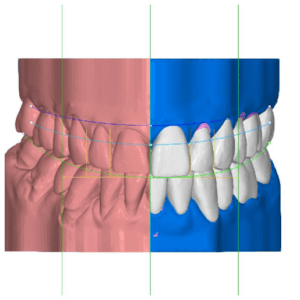
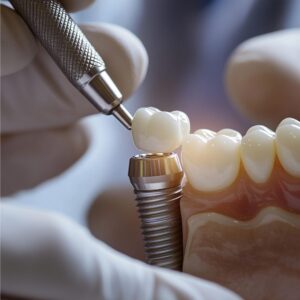

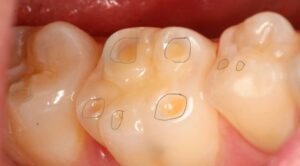
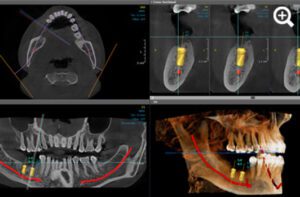

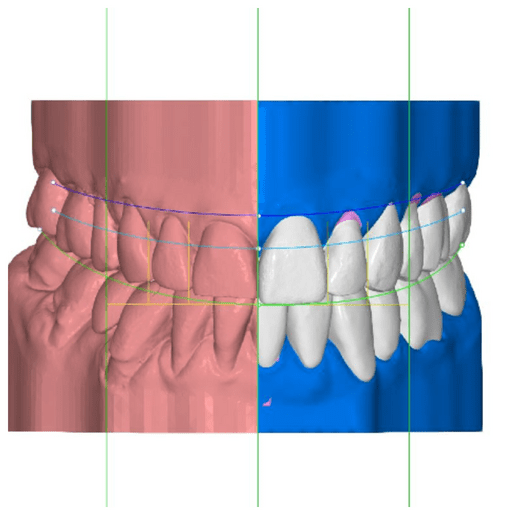


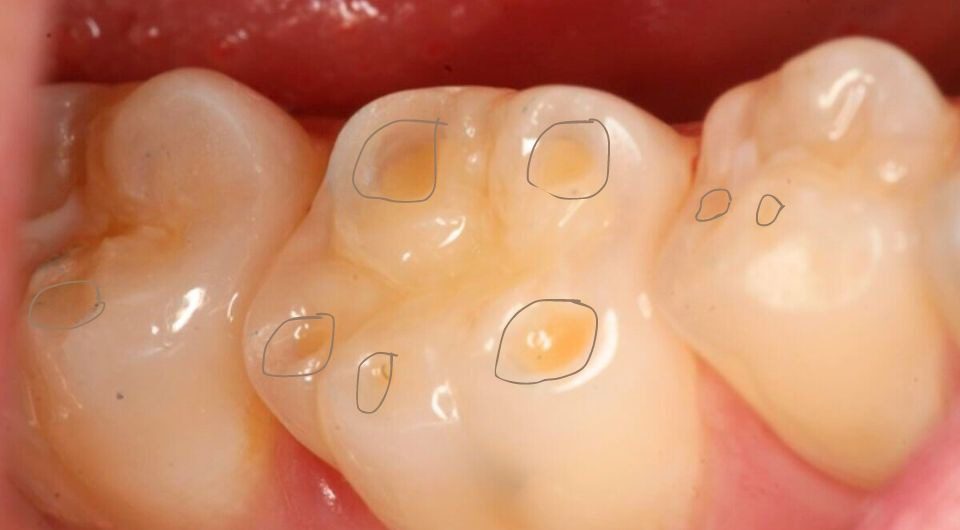

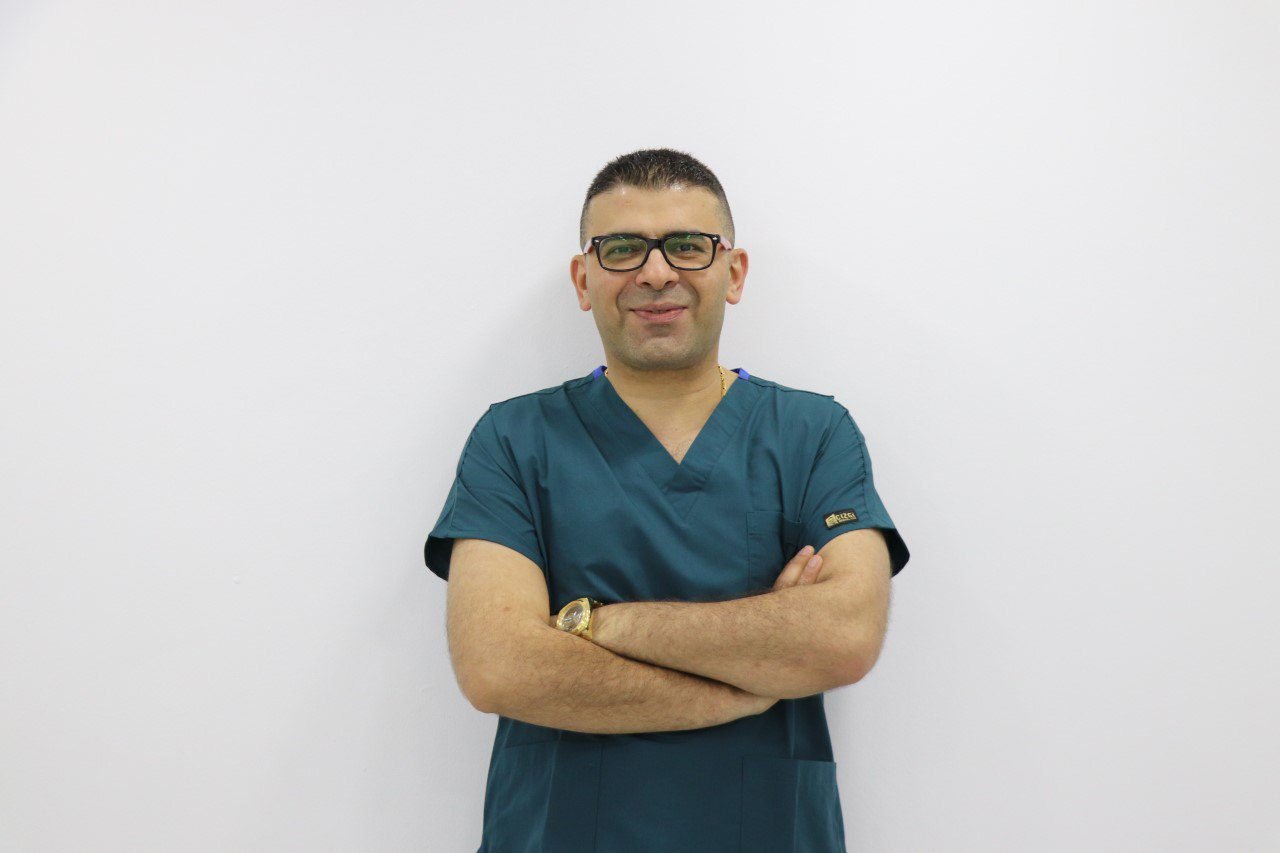
2 Responses